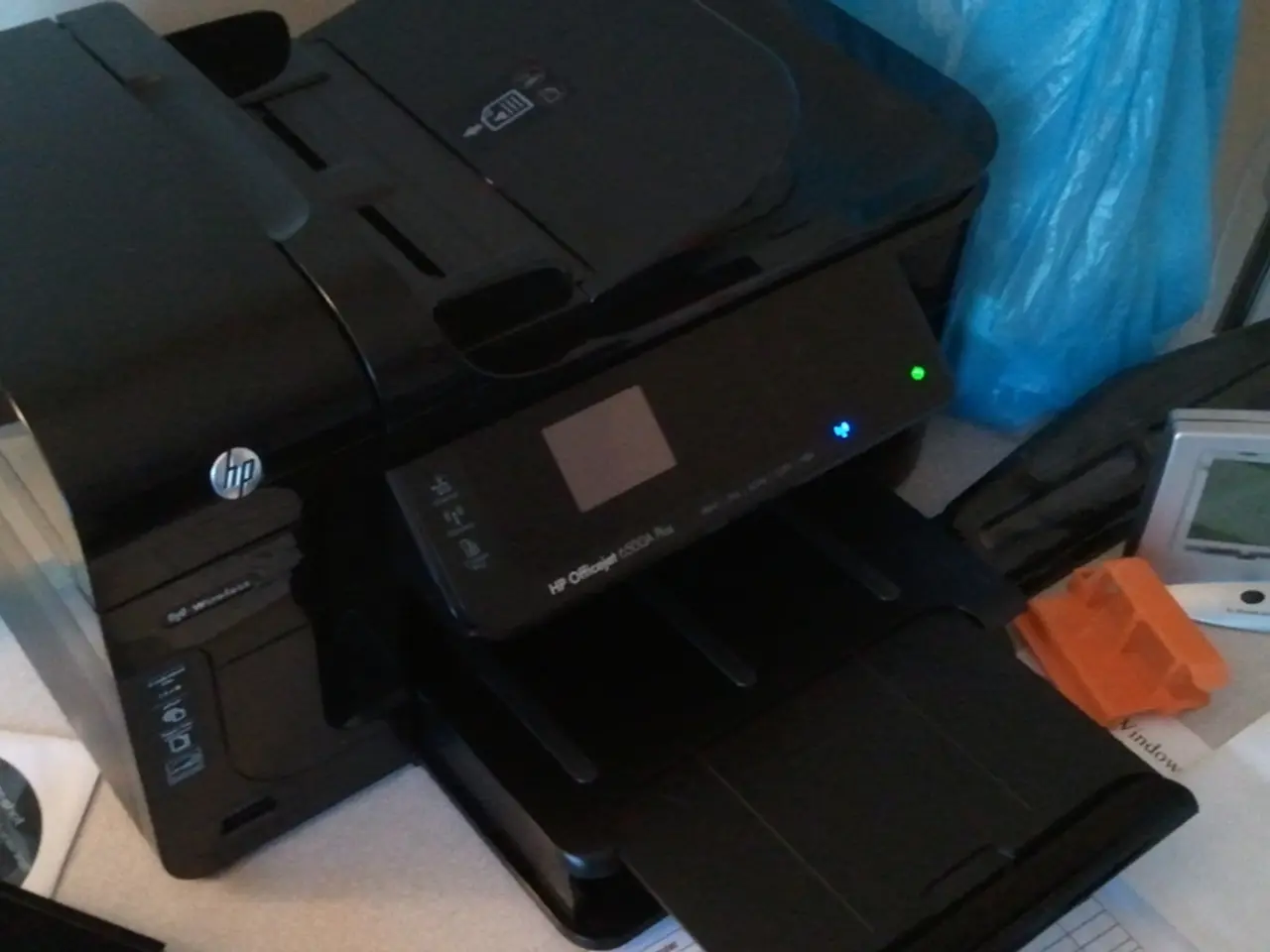Retail giant H&M equips store employees with body cameras as a measure to monitor theft within the stores.
In recent years, the retail sector in the United Kingdom has faced an alarming surge in shoplifting incidents and attacks on staff. This escalating trend, driven by a combination of factors, has prompted retailers and authorities to take decisive action.
According to data, shoplifting incidents have risen by over 20% in the past year, with more than 20 million cases reported in 2023/24 alone. This surge in criminal activity has resulted in significant financial losses for retailers, amounting to an annual cost of £2.2 billion.
One of the most striking aspects of this increase is the changing profile of shoplifters. Traditionally, shoplifting was viewed as a crime predominantly driven by poverty, but there is now a growing trend of middle-class individuals, often motivated by greed rather than need, engaging in shoplifting. These so-called "posh shoplifters" target high-value goods, adding complexity to the issue.
Another concerning factor is the prevalence of repeat offenders. Data shows that a small proportion of offenders (10%) are responsible for a large share (72%) of shoplifting crimes. This persistent problem of serial shoplifters poses a significant challenge for retailers and the police.
Despite these challenges, under-reporting remains a significant issue, with estimates suggesting that only around 5% of retail theft incidents are reported to the police. However, local police forces, such as Greater Manchester Police, have stepped up their efforts, resulting in substantial rises in arrests, charges, and solved outcomes.
In response to this surge in crime, retailers and authorities are adopting various measures to protect staff and reduce theft. Enhanced policing and partnerships are being forged between local police, retailers, local authorities, and partners to tackle shoplifting proactively.
Major UK retailers, including M&S, Boots, Morrisons, and Greggs, have collaborated to launch a shared national database to track and ban serial shoplifters. This database allows stores to share offender images, CCTV footage, and personal details like vehicle registrations, enabling staff to refuse entry and assist police with intelligence gathering.
Another measure being adopted is the use of body cameras. While direct references to the current use of body cameras for retail workers are not abundant, these devices have been increasingly adopted by retailers as a means to record incidents, deter aggression, and provide evidence in attacks on staff.
H&M is currently conducting trials of body cameras for its UK staff to address shoplifting and attacks on workers. Tesco, the Co-op, Lidl, and other high street firms have already implemented bodycams for their staff to protect them from abuse and assaults.
In an effort to further combat this issue, Labour has promised to make assaults on shop staff a specific offence in England and Wales, as it is in Scotland, in the Crime and Policing Bill currently making its way through Parliament.
As the recorded store losses from theft continue to rise, with theft reaching a record high of £2.2 billion in 2024, up from £1.8 billion in 2023, it is clear that these measures are necessary. The hope is that these initiatives will help to deter criminals, reduce theft, and provide a safer environment for retail workers.
In conclusion, the rise in shoplifting and retail worker assaults in the UK is a complex issue driven by increased criminal activity, the involvement of repeat and diverse offenders, and challenges in policing and reporting. However, retailers and police are responding by enhancing collaboration, sharing intelligence through innovative platforms, and employing technologies like body cameras to better protect staff and reduce theft.
Investing in technology such as body cameras and shared national databases to track serial shoplifters is becoming a key strategy for major UK retailers like M&S, Boots, Morrisons, and Greggs, in response to the alarming surge in shoplifting incidents and attacks on staff. Additionally, efforts are underway to make assaults on shop staff a specific offence, like in Scotland, as part of the ongoing Crime and Policing Bill, reflecting a general-news focus on addressing crime-and-justice issues in the retail sector.




